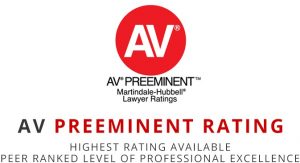Is it possible to get a mortgage after bankruptcy?
Getting mortgages after bankruptcy is possible, but the system is set up with several caveats that will prevent you from getting one immediately after unless you have a particularly extreme case.
In most cases, you can expect a waiting period of two years before you will be eligible for a Federal Housing Administration (FHA) mortgage after Chapter 7 Bankruptcy, though extenuating circumstances can reduce this to as little as one year. Obtaining a standard mortgage will take even longer than an FHA mortgage – four years from the point of the bankruptcy. Both depend heavily on the credit you have maintained since the bankruptcy occurred.
Can these times be changed?
Generally speaking, no, they cannot be changed. This is because the current guidelines for bankruptcy proceedings do not permit reducing the time below the specified period. It is possible to secure a private loan if you are able to find a vendor, but you should expect to pay both a large down payment and a higher rate of interest.
How much of an impact will good credit have on mortgages after bankruptcy?
Good credit will provide you with a significant benefit when you look to obtain a new mortgage. Over the years that you are restricted from obtaining a mortgage, it’s possible to rebuild your credit score as high as 700. Doing this will help demonstrate to a financial institution that you have responsibly managed your money since the bankruptcy proceedings. If you do not raise your credit score enough, you should expect to see much higher interest rates.
How large should the down payment be?
Generally speaking, the down payment should be as large as you can safely afford to pay. A larger down payment can reduce your interest rate and give you more favorable terms, so saving what you can before you’re free to pursue a mortgage is generally a good idea.
Obtaining Professional Help
Getting mortgages after bankruptcy is more complicated than obtaining a bankruptcy normally, and you should consider consulting an attorney about your options. They can help you navigate the proceedings and advise you on the best choices for your situation. Remember, there is no one-size-fits-all approach to obtaining a mortgage after bankruptcy – many things will be different depending on what your situation actually is, so hiring professional help can let you make the most of every opportunity.


